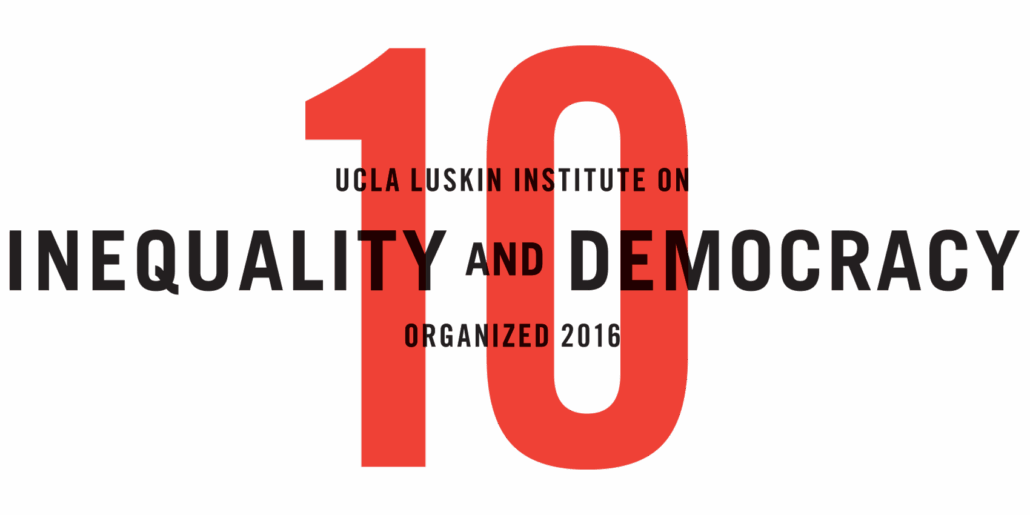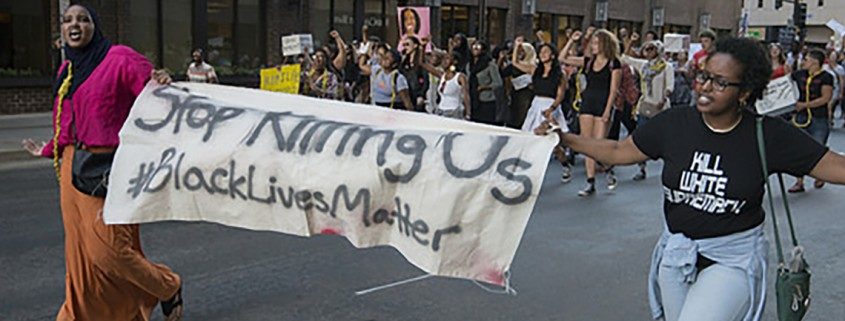Conference schedule now available! Download here or view online!
Organized by Hannah Appel, Jessica Cattelino, Norma Mendoza-Denton, and Jemima Pierre, this two-day conference will feature:
SPEAKERS: Thursday, May 26, 9 a.m.–5:30 p.m., Royce 314
Melina Abdullah, professor and chair, Pan-African Studies, California State University, Los Angeles, is a womanist scholar-activist – recognizing that the role that she plays in the academy is intrinsically linked to broader struggles for the liberation of oppressed people. Her research interests include activism and movement building and Critical Race Theory.
Mohan Ambikaipaker, assistant professor, Communications, Tulane University School of Liberal Arts, is a social anthropologist and cultural studies scholar who studies the dynamics of multiracial societies.
Aisha Beliso-de Jesus, associate professor, African American Religions, Harvard Divinity School, is a cultural and social anthropologist. She has conducted ethnographic research with Santería practitioners in Cuba and the United States since 2003.
Maurice Magaña, lecturer, Chicano/a Studies, UCLA, researches youth activism and social movements in Mexico and the United States.
Ana Muñiz, Criminology, Law, and Society, UC Irvine
Hector Perla, assistant professor, Latin American & Latino Studies, UC Santa Cruz, does research on revolutionary movements, social movements, and US public support/opposition to military intervention.
Christen Smith, assistant professor, Anthropology; African & African Diaspora Studies, University of Texas at Austin, does research in the areas of performance, race, gender, violence and the black body in the Americas with a particular emphasis on transnational black liberation struggles and racial formation.
Laurence Ralph, associate professor, African & African American Studies and Anthropology, Harvard University, is the author of Renegade Dreams: Living Through Injury in Gangland Chicago (University of Chicago Press).
Rinaldo Walcott, associate professor, Sociology & Equity Studies, University of Toronto, conducts research Black Diaspora Cultural Studies with an emphasis on queer sexualities, masculinity, and cultural politics, as well as multicultural and transnational debates with an emphasis on nation, citizenship and coloniality.
Audra Simpson is associate professor, Anthropology, Columbia University. Her research is energized by the problem of recognition, by its passage beyond (and below) the aegis of the state into the grounded field of political self-designation, self-description, and subjectivity.
RESPONDENTS
Kelly Lytle Hernandez, assistant professor, Department of Chicana/o Studies, UCLA,
Saree Makdisi, professor, Department of English, UCLA, does research at the crossroads of several different fields, including British Romanticism, imperial culture, colonial and postcolonial theory and criticism, and the cultures of urban modernity, particularly the revision and contestation of charged urban spaces, including London, Beirut and Jerusalem
Sarah Haley, assistant professor Gender Studies, UCLA
Cosponsored by Alessandro Duranti, Dean, UCLA Division of Social Sciences; David Schaberg, Dean, UCLA Division of Humanities; UCLA Center for the Study of Women; Institute on Inequality and Democracy at the UCLA Luskin School of Public Affairs; Robin D.G. Kelley, Distinguished Professor of History & Gary B. Nash Endowed Chair in United States History; Eric Avila, Associate Dean, UCLA Office of Equity, Diversity and Inclusion; UCLA African Studies Center; UCLA American Indian Studies Center; Ralph J. Bunche Center for African American Studies at UCLA; UCLA Department of Gender Studies; Disability Studies at UCLA; UCLA International Institute; and UCLA Postcolonial Theory & Literary Studies.
Photo credits: Black Lives Matter march, Minneapolis, Minneapolis, Minnesota, July 31, 2015, Fibonacci Blue, https://www.flickr.com/photos/fibonacciblue/; Photo of E. Dandicat courtesy of the John D. and Catherine T. MacArthur Foundation



